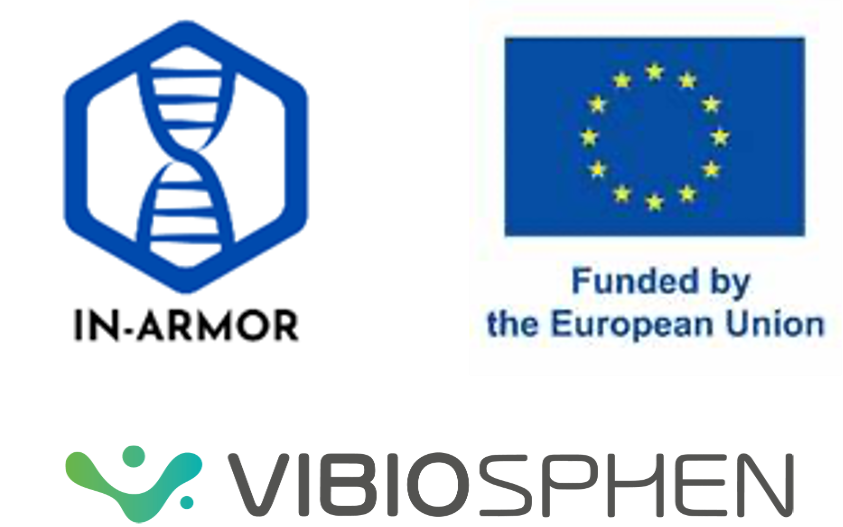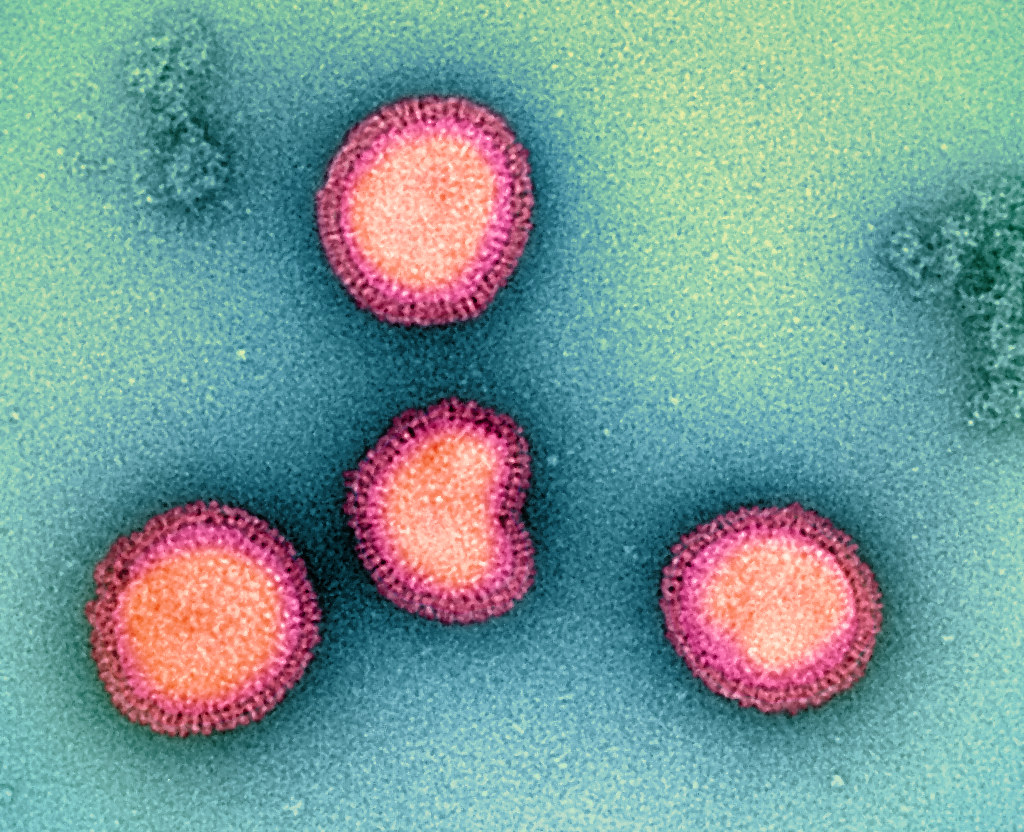EU Horizon Grant to fund the fight againts AMR - IN-ARMOR project

Antimicrobial resistance (AMR) & multi-drug resistance, whereby pathogens evolve to resist antibiotic drugs, is designated by WHO as one of the top 10 health threats of our time and was estimated to be linked to 4.95 million deaths in 2019. The next global pandemic could be a multi-drug resistant bacterium, or a ‘pan-drug’ resistant strain (resistant to all existing drugs). This could return us to preantibiotic times where common infections could be lethal. None of the 43 antibiotics currently within the clinical pipeline address the world’s 13 most dangerous infections.
The innate immunity presents the strongest potential to tackle AMR as it can generate antimicrobial molecules and proteins that directly inhibit microbial survival. Inducing such proteins has shown effective antimicrobial activity against bacteria, viruses, fungi & protozoa.
Building on this approach, leading professors from 5 Universities are collaborating with leading researchers from a research organization, hospital and 5 industry partners (among which Vibiosphen) representing 8 EU countries to introduce a novel class of immune system inducers able to enhance the body’s own innate microbial defense mechanisms to combat AMR and reduce incidence of the most dangerous drug resistant infections.
IN-ARMOR will optimize an already developed drug platform using Computer Aided Drug Design, computer molecular analysis and in silico approaches, in tandem with a nanotech-based drug delivery system for the first target indication. The developed therapy will be pre-clinically validated for safety and efficacy in vitro and in vivo to complete all Investigational Medicinal Product requirements.
Upon project completion, IN-ARMOR will be ready for clinical validation. If successful, IN-AMOR presents the potential to annually save 127,000 lives and €150mn if applied to only 10% of AMR cases.
Catégories
Pagination
- Page 1
- Page suivante
Archives
- juin 2025 (1)
- mai 2025 (1)
- mars 2025 (1)
- mai 2024 (1)
- avril 2024 (2)
- septembre 2023 (1)
- août 2023 (1)
- mai 2023 (1)
- avril 2023 (2)
- février 2023 (1)
- décembre 2022 (1)
- octobre 2022 (1)
- juin 2022 (1)
- mai 2022 (3)
- avril 2022 (1)
- février 2022 (2)
- janvier 2022 (3)
- décembre 2021 (2)
- novembre 2021 (1)



